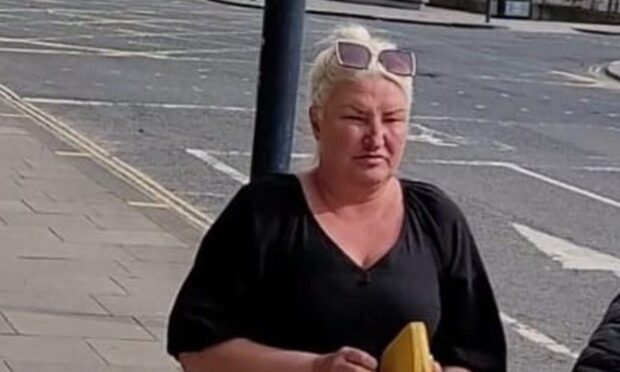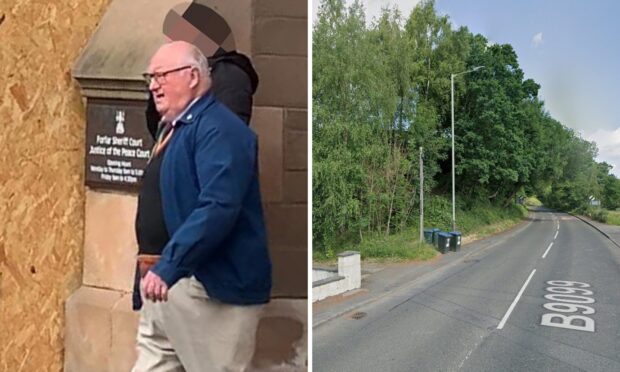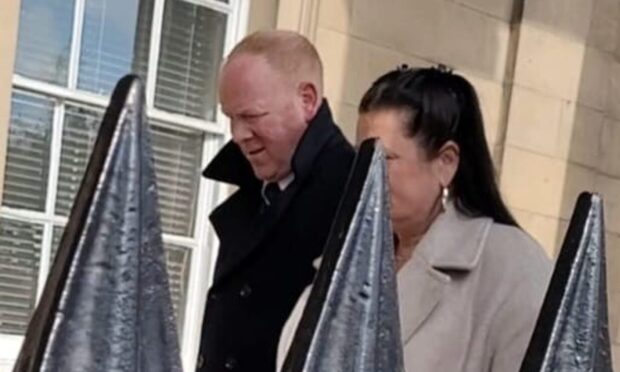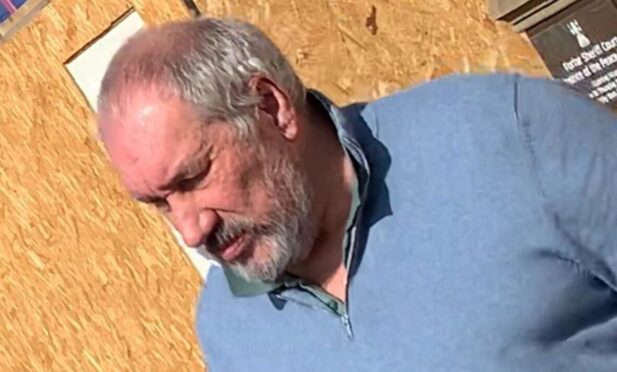It was not an announcement he wanted to make, or staff wanted to hear – every single person’s wages would be cut by 20%.
Craig Nicol, managing partner of Thorntons Law, said the move, made shortly after the pandemic hit last year, was one of the toughest moments in his career.
He will recall some of the swift decision-making required when Covid-19 hit on Thursday morning’s Courier Business Briefing.
The title of the briefing is “managing people in a global pandemic” and Mr Nicol said it had been the most challenging 11 months of his career.
He remembers the board of the Dundee-headquartered firm debating how to respond to the pandemic in an emergency meeting on March 23.
Issues like working from home were discussed as well as how to continue to see clients in offices.
Then Boris Johnson announced a full lockdown and many decisions were taken away from the firm.
Within 72 hours almost 500 staff were working from home.
But with courts closed and the property market shut, it then became a question of survival.
Working to save jobs
“Our core message to our team was that we wanted to save as many jobs as possible for as long as possible,” said Mr Nicol.
“We made a quick decision of how many people to put on furlough – at its peak that was 250 staff.
“Then we looked at our cash burn rate. So on top of furlough, we made a decision that everyone in the business went on to an 80% salary top to bottom.
Register for the free online event here
“It meant money wasn’t an issue when we were directing people to go on furlough – everyone was on 80%.
“Lots of people questioned that, particularly those who were working so hard in the business.
“At the time, we said give us six weeks and said we can get through this together.”
Importance of having a clear purpose
Mr Nicol said the company’s values of trying to help its clients, colleagues and communities succeed became the bedrock for decision making.
Realising that communication to staff was essential, Mr Nicol spent three whole days talking to small groups of staff about their concerns.
He also became more willing to share data about the company’s performance, so people understood why decisions were being made.
“When people look at the data, they get it,” he said.
“For a few months, it was about being entirely open about how bad things actually were.
“But it was also to point out we weren’t in this position because we’d made bad decisions – overnight the world changed. We had to think our way through it in a way that took everybody with us.
“Communication has been so important. I was communicating twice a week with everyone in the organisation by email. Then there were video calls with different line managers and departments.”
No redundancies made and confidence on future
The firm has made no redundancies and after its service lines started to come back, staff were restored to 100% wages.
Thorntons has also started to repay the salary sacrifice staff made when the crisis hit.
The pandemic has brought sweeping changes to the courts system and property market.
But Mr Nicol said he was seeing some confidence return in the business community this year.
He said: “The property market is hanging on. Our court lawyers are very busy. Where there are court appearances required they are being conducted online. Commercial clients are beginning to do business again.
“People are coming into 2021 and beginning to get a wee bit of confidence back.
“We are at about 85-90% of pre-pandemic business levels and, in the circumstances, in really good state.
“We are lifting our heads now and looking forward to the next five years – we are in a lucky place to be able to do that.
“Covid-19 has taught us all so much. It has reinforced for me the importance of communication, living your values and openness with your people.
“Sometimes the right thing to say is I just don’t know. Having to admit to that requires strength in itself.”
Other speakers at Courier event
The Courier Business Briefing, held in association with Thorntons Law and supported by Skills Development Scotland, will take place at 8am on Thursday.
Other speakers include Kathryn Hill, employer engagement adviser for Skills Development Scotland, and Cami Alexander, a development coach at DC Thomson.














